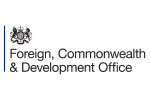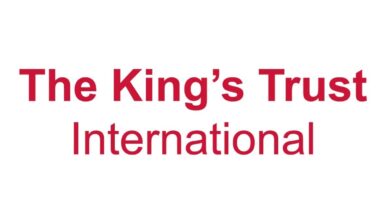10 February 2025
Cuba’s Council of Ministers have approved a detailed action plan for 2025 that places special emphasis on the delivery of “a new mechanism for the management, control and allocation of foreign currency for all economic actors; the creation of a foreign exchange market, and the partial dollarisation of the economy.”
Cuban official reporting indicated that Minister’s agreement to the “cross-cutting” action plan is expected to define the steps required this year to deliver the programme of macro-economic reform that was first announced in late 2023 and is intended to “relaunch the economy” in 2025.
The report contained no details of how or when the new forex mechanisms will be introduced or what is to be proposed.
Addressing the meeting, Cuba’s Prime Minister, Manuel Marrero, said that the measures were vital to advancing the rest of government’s programme because of their positive impact on two key objectives: “increasing and diversifying the country’s external income” and “Increasing national production, with an emphasis on food.”
The plan he said, requires “a system of work that allows sustainable monitoring and control.” It will also need, he stressed, constant analysis at all levels, “especially the progress of measures that have the greatest impact on the population and communities.”
Much of the reporting of the meeting focused on ministers hearing about progress made on the implementation of planned macroeconomic reforms in 2024 and January 2025. These included, according to the First Deputy Minister of Economy and Planning, Mildrey Granadillo de la Torre: analysing recommendations; proposals to strengthen the future attractiveness of the Mariel Special Development Zone as a location for foreign direct investment; trade activities by non-state economic actors; the steps taken to date to deliver a ”new mechanism for the management, control and allocation of foreign currency;” and a proposal for the creation of an official exchange market.
Highlights in this issue:
- Rubio tightens US sanctions, Cuba suggests more may follow
- Power outages continue to affect up to 45% of country
- Minister says up to 7% of Caribe and CIMEX supermarkets to be dollarised
- President stresses need for improvements in Cuba’s national statistical system
- First of 30,000 migrants flown from US to Guantanamo naval base
The meeting also approved a plan for the topics to be discussed by the Council of Ministers and its Executive Committee this year. These include problems related to the intended future role of municipal assemblies and their ability to discuss and deliver their part of the national Economic Plan and the State Budget for 2025, an issue of growing concern to ministers. Speaking about the topic, Cuba’s Prime Minister said not all the plans and budgets that municipal assemblies had presented had a clearly defined alignment with their municipal development strategy. He also noted that their (social and economic infrastructure) maintenance and repair plans did not always consider the proposals of voters, or the need to complete work in neighbourhoods undergoing transformation.
He also stressed that that while actions have been included to increase income and reduce expenses, municipal assembly proposals had not always reflected the need for greater production based on the potential of the territories to meet the demands of the population.
In an interesting indication of the emphasis Cuba is now placing on the development and application of Artificial Intelligence (AI), the Minister of Communications, Mayra Arevich, presented a strategy for its development and its use in the island’s Digital Transformation Policy. See Cuba Briefing 3 February 2024 for background. Granma reported that the related focus of ministers’ discussions revolved around the six main axes of Cuba’s proposed AI strategy: ethics, the creation of a regulatory framework, the development of human capital, the application of AI to services and public administration, science and innovation, and social communication.
The proposals reportedly envisage the gradual and growing incorporation of AI into daily processes, prioritising those that have the greatest social and economic impact.
Granma quoted President Díaz-Canel as telling ministers that despite the many challenges involved in the development of AI given Cuba’s economic limitations, priority “must be placed on its development,” and he said, on clearly defining how each organisation will use it as a tool to raise productivity.
10 February 2025, Issue 1266
The Caribbean Council is able to provide further detail about all of the stories in Cuba Briefing. If you would like a more detailed insight into any of the content of today’s issue, please get in touch.






